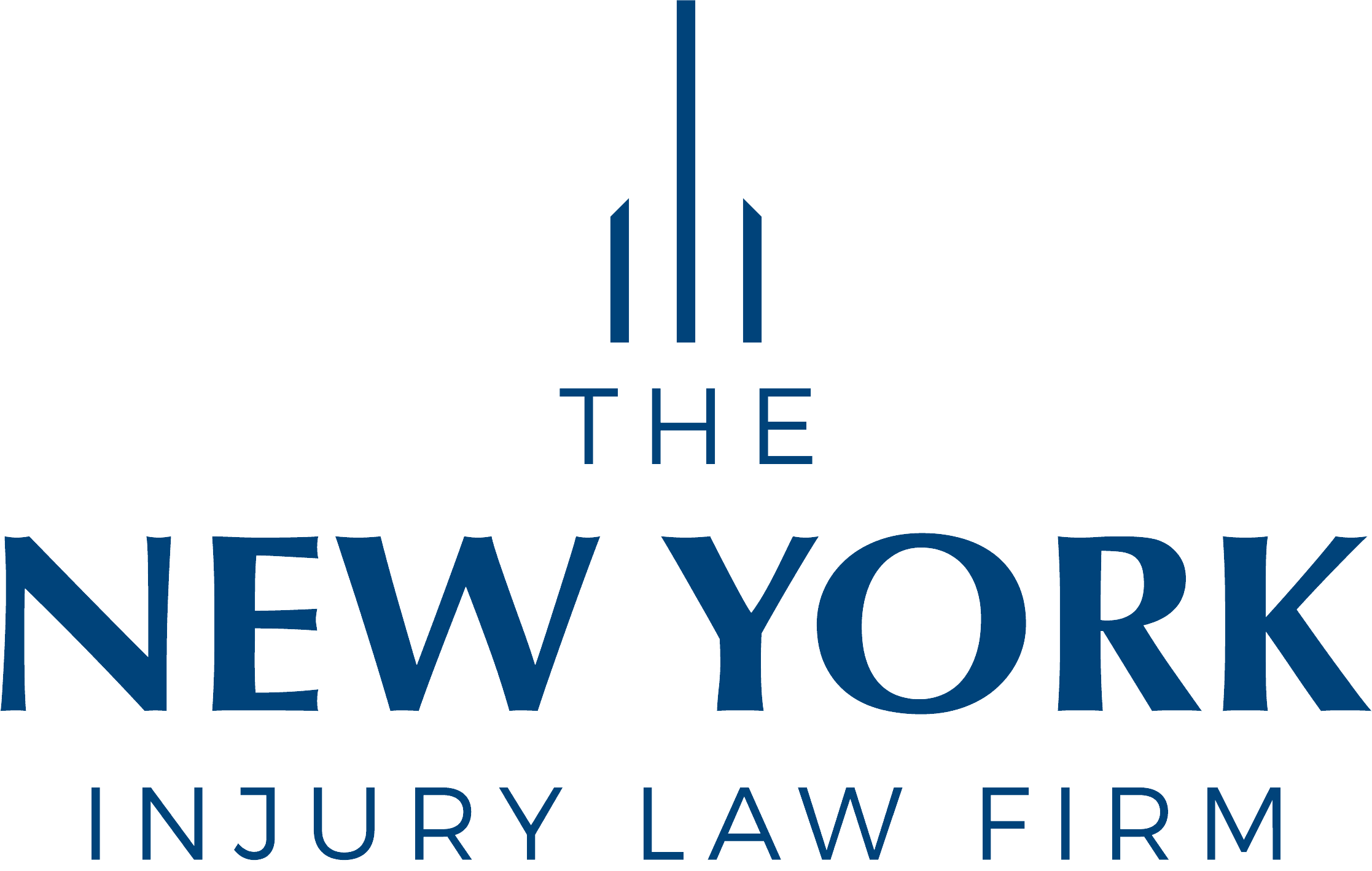

Uber and Lyft Accidents in New York: Your Legal Rights and How to Pursue Compensation
Rideshare services like Uber and Lyft have revolutionized the way people get around New York City and beyond. With the convenience of hailing a ride through an app, millions of people rely on these services every day. However, just like traditional taxis or any other form of transportation, Uber and Lyft vehicles are involved in accidents. If you are injured in an accident involving a rideshare vehicle, understanding your legal rights and how to pursue compensation is crucial.
Accidents involving Uber or Lyft vehicles can be more complex than those involving traditional vehicles, due to the unique nature of rideshare companies, their drivers, and the insurance policies that govern these accidents. Whether you are a passenger, a pedestrian, another driver, or a cyclist involved in a collision with an Uber or Lyft vehicle, it’s important to know what steps to take to protect your rights and ensure you receive the compensation you deserve.
In this guide, we will explain how Uber and Lyft accidents work under New York law, what types of insurance coverage are available to victims, and how an experienced personal injury lawyer can help you navigate the process. Unfortunately due to recent Court decisions, Uber and Lyft accidents are not able to be claimed as they were in the past due to legal complexities.
Common Causes of Uber and Lyft Accidents
Uber and Lyft drivers are typically independent contractors, not employees of the rideshare companies, which can complicate liability in the event of an accident. Just like any other driver, Uber and Lyft drivers are subject to traffic laws and may be involved in accidents for a variety of reasons, including:
- Distracted Driving: Like many drivers, Uber and Lyft drivers may become distracted by their phones, either by receiving ride requests or navigating through the app. Distracted driving is one of the leading causes of accidents on the road.
- Speeding: Uber and Lyft drivers are often under pressure to complete rides quickly to increase their earnings. This can lead to speeding, reckless driving, and dangerous maneuvers, all of which increase the risk of accidents.
- Fatigue: Rideshare drivers often work long hours, and fatigue can impair their reaction time and judgment, leading to accidents.
- Inexperienced or Poor Driving: While Uber and Lyft drivers must meet certain requirements to drive for these services, they may still be relatively new to driving professionally or may not have the skills of a seasoned taxi driver. Poor judgment, unsafe lane changes, and erratic driving can result in accidents.
- Failure to Follow Traffic Laws: Uber and Lyft drivers must follow all traffic laws, but like any other driver, they may fail to yield the right of way, disregard traffic signals, or run red lights, leading to accidents.
- Mechanical Failures: Uber and Lyft drivers are responsible for maintaining their own vehicles, but if they neglect to properly maintain their car, a mechanical failure (such as brake failure or tire blowout) could lead to an accident.
Who is Liable in an Uber or Lyft Accident?
Determining liability in an Uber or Lyft accident can be complicated because of the involvement of rideshare companies and their insurance policies. Liability depends on several factors, including the status of the Uber or Lyft driver at the time of the accident (whether they were en route to pick up a passenger, actively transporting a passenger, or off-duty).
If the Driver Was Not Logged into the App (Off-Duty)
If the Uber or Lyft driver is not logged into the app and is not accepting or en route to a ride, they are essentially considered a regular driver. In this case, the driver’s personal auto insurance will cover the accident, just like any other car accident. The driver’s insurance policy will typically handle the liability, unless the driver is at fault and doesn’t have enough coverage to fully pay for the damages.
What to Do After an Uber or Lyft Accident in New York
If you are involved in an Uber or Lyft accident, there are several important steps to take in order to protect your health, your rights, and your ability to pursue compensation:
- Seek Medical Attention: Even if your injuries seem minor, seek medical attention as soon as possible. Some injuries, such as whiplash or internal injuries, may not be immediately apparent, and prompt medical treatment will ensure your well-being and create a record of your injuries for your claim.
- Call the Police: Report the accident to law enforcement so they can create an official report. This report can serve as valuable evidence in your claim.
- Gather Information: Get the contact and insurance information from the Uber or Lyft driver, as well as any other involved drivers. Take note of the time, location, and circumstances surrounding the accident. If possible, get contact information from witnesses.
- Notify Uber or Lyft: Report the accident to Uber or Lyft through the app as soon as possible. Both rideshare companies allow passengers to report accidents within the app, and this will create a record of the incident.
- Document Your Injuries and Damages: Keep track of any medical treatments, prescriptions, doctor’s visits, and related expenses. Keep a record of any time you miss from work or activities due to your injuries.
- Contact a Personal Injury Lawyer: Because Uber and Lyft accidents can be complicated, it is essential to contact an experienced personal injury lawyer who is familiar with the intricacies of rideshare insurance policies and the legal process. A skilled attorney can help ensure that you file your claim properly, negotiate with insurance companies, and fight for the full compensation you deserve.
- Taxi Company: If the taxi driver was working as an employee at the time of the accident, the taxi company may be held vicariously liable for the driver’s actions. This means that the company’s insurance could cover medical expenses, damages, and other compensation for the injured person.
- Other Drivers: In some cases, a taxi accident may be caused by the negligence of another motorist, such as another driver who crashes into the taxi or cuts the taxi off, leading to a collision.
Why You Need an Experienced Personal Injury Attorney
Dealing with an Uber or Lyft accident claim involves navigating a complex legal and insurance landscape. It is not always clear which party’s insurance will cover your medical bills, lost wages, and other expenses. An experienced personal injury lawyer can help you:
Evaluate Your Case
A lawyer will review the circumstances of the accident to determine the responsible parties and how to pursue compensation from the correct sources, including the rideshare company’s insurance policy, the at-fault driver’s policy, or your own insurance.
Negotiate with Insurance Companies
Rideshare companies and their insurance providers often have powerful legal teams who will try to minimize their liability. A lawyer can negotiate on your behalf to ensure that you receive the compensation you are entitled to.
File a Lawsuit if Necessary
If the insurance company offers an unfair settlement or refuses to pay, your lawyer will be prepared to take your case to court.
Maximize Your Compensation
Your lawyer will work to ensure that you are compensated for all of your injuries, including medical costs, lost wages, pain and suffering, and other damages.

Contact Our New York Uber and Lyft Accident Attorneys
If you’ve been injured in an Uber or Lyft accident in New York, it’s crucial to speak with an experienced personal injury lawyer who understands the unique complexities of rideshare accidents. We can help you navigate the legal process, secure the compensation you deserve, and ensure that your rights are protected every step of the way.
Contact our law firm today for a free consultation. Let us help you get the compensation you deserve for your injuries, medical bills, lost wages, and pain and suffering.

